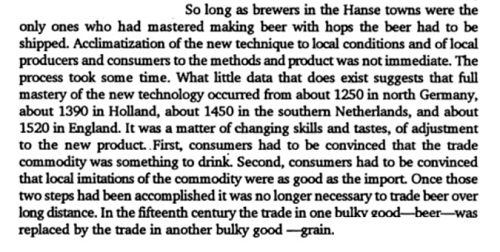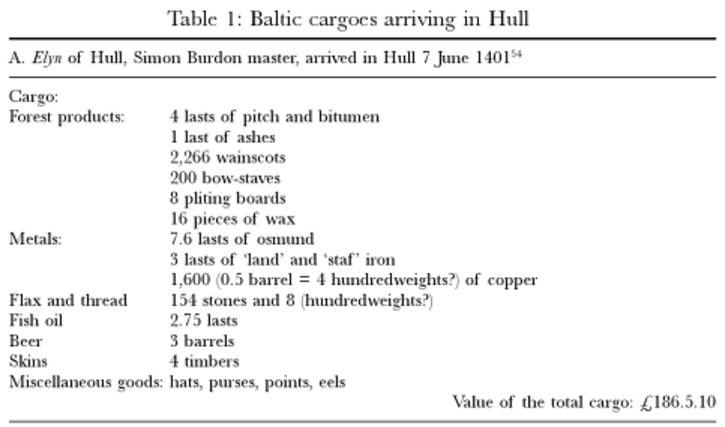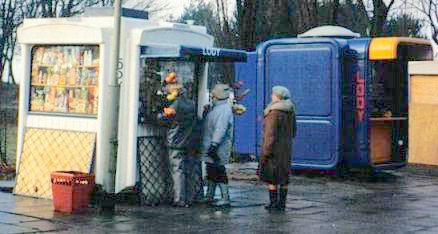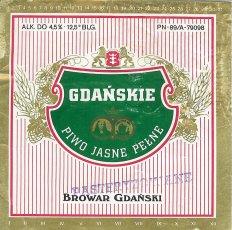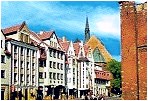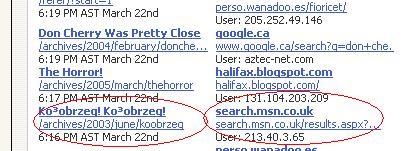There is nothing more certain about the brewing trade more than the history is defined an extraordinary limited set of patterns. Those who think that the owners of big craft breweries are special, well, know nothing about the rise of lager in the late 1800s as a premium even healthy drink – and know nothing about the rise of Albany Ale from central New York in early the middle third of the 1800s or the rise of Taunton Ale from southwest England as probably a premium even healthy drink in the last quarter of the 1700s. I suspect Northdown Ale was the premium even healthy drink in the lower Thames valley in the third quarter of the 1600s, too. There are, in fact, only a limited number of things you can say about beer to make people buy it other than that it’s tasty, cheap and gets you a tremendous buzz. They are: (i) it’s premium and (ii) it’s healthy. Check out social media today. The spin doctors are still at it. That quote up there? That is from the fabulously fabulous Dr. Richard W. Unger of UBC. More particularly, it is from his essay “Beer: A New Bulk Good of International Trade” in the book Cogs, Cargoes and Commerce: Maritime Bulk Trade in Northern Europe, 1150-1400. It’s actually the ending. Sorry. Spoilers. It reminds me of craft. Or rather big craft.
Just at the moment, big craft is going through a time of change that is not unlike what happened to the beers of Hamburg in the latter 1400s and early 1500s. Hanseatic Hamburg’s hopped beer as a technology went through an era when it was considered premium, rare and difficult to make. Roughly from 1250 to 1350. Neighbouring markets raised import duties to keep it out or just enough to equalize the cost with local producers. Because Hamburg during that time was the greatest brewing center in the history of beer. 42% of the workforce was involved in brewing. 15% of all Swedish exports were hops sent to the breweries of Hamburg and its allies. Read ye some Unger if you have any doubts. These trading communities had their own warships and a trust based commerce that overcame North Sea and Baltic piracy and storm. A commercial empire. And it all went away. At least the brewing did. They switched to trading in the ultimate beer concentrate – grain.
Here in Canada we are undergoing much more accelerated change at the moment. The collapse of the oil market and the sad performance of the Canadian dollar against the American version means no one in their right mind is even thinking of buying US craft beer either by a quick flip over the border or as an import. Yet there are around 550 craft brewing kettles in the land. As a result, while I can buy 2 litres of Pilsner Urquell for 10 bucks and decent Ontario craft for maybe 12 bucks the equivalent volume of beer in a six pack of fairly pedestrian Sierra Nevada Pale Ale is selling for a silly $15.50 and will likely soon cost more given our new 68 cent dollar. Who needs it? Few if the stock that sits on the shelves is any indication.
This is an accentuated version of what is happening in the US itself. Being well north of 4,000 breweries in the US means fans of good beer in the US are no longer dependent on those Hanseatic Hamburgers of big craft who ship coast to coast. People are making their own better local beer now just as the Netherlands did around 1450 and England did starting in 1520. Big craft is losing sales just as its handmaid bulk cider is. Who needs it? If you are looking for something rare and interesting – premium and maybe even healthy – who needs to go to a grocery store or gas station shelf to buy the beer trucked in from out of state? Fewer and fewer.
The economies of scale in good beer are having their way with the market. Not large scale. Small scale. The era of the great white male multi-millionaire brewery owner is over. The nameless nimble newbie hoards have learned the tricks of Hamburg, leaving the old fests cancelled and the old men the option to sell out, shut down or sit around wondering what happened. Same as it ever was.

